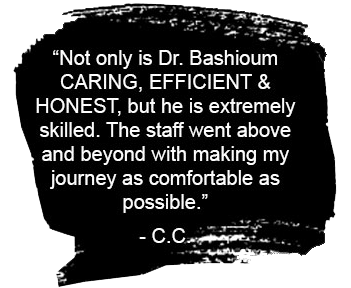Recreational Diprovan
July 6th, 2009
General anesthesia is used in my operating room to complete cosmetic surgeries like breast enlargement, tummy tucks, and liposuction. There are many drugs used in during these cases. They can be categorized by how they work. Muscle relaxants paralyze muscle tissue. Narcotics help reduce pain. Vasopressors restore low blood pressure. General anesthetic agents induce sleep and maintain the sleep state during anesthesia.
There are two main general anesthetic agents that I use. One is a gas called Ultane (sevoflurane). It is administered by trained professional medical staff through a breathing tube through the lungs. The other is Diprivan or propofol.
Diprovan is administered through the vein. It is frequently used to induce sleep in the operating room, intensive care unit, and emergency room. Patients may stop breathing when Diprovan is given. In all of the settings where Diprovan is used appropriately, the medical staff has the training and capacity to care for this cessation of breathing when it occurs. Accredited surgical facilities must have this capacity.
Prior to this past week, I was unaware of ANY use of Diprovan outside the clinical settings that include access to immediate breathing support. We procure this drug through our medication provider. It is certainly not part of any formulary outside hospitals or surgery clinics. You simply cannot go to your local pharmacy to fill a prescription for Diprovan. They do not have it! So, how Jackson supposedly gained access to it remains for law enforcement to figure out.
Recreational use of Diprovan obviously is extremely dangerous. Yet I can understand its appeal. Many patients who awaken after surgery where Diprovan was the only general anesthetic agent used, report extreme euphoria and pleasure. Still, I am shocked at the reports of the possible use of Diprovan by Michael Jackson. I will be truly dismayed if his personal medical staff were complicit in accessing the drug and facilitated its use by Jackson. It is my opinion that this would be a devastating embarrassment for most American physicians who take an oath when becoming doctors, “to do no harm.” Jackson’s untimely death is a tragedy that most likely could have been prevented.
Botox For Baldness
June 24th, 2009
The telegraph.co.uk website reported on an anecdotal case of hair restoration utilizing a combination of Botox ® and vitamins. Dr. Ourian in Beverly Hills reports on a treatment for his mother. She had undergone chemotherapy treatment which had left her without hair suffering from headaches. Her son turned to Botox ® injections in an effort to reduce her headaches. He added vitamins to the Botox ® for unstated reasons. Fortunately his mother not only had relief of her headaches but also regrew her hair.
These difficult economic times lead to creative marketing. The potential publicity is extremely valuable. Proprietary, minimal recovery, minimal cost, and very low risk treatments are appealing to patients suffering hair loss. This is particularly acute for chemotherapy patients. Hair loss can be the most distressing part of chemotherapy for women and men. Almost all of these patients will have spontaneous regrowth of their hair if nothing is done!
This is a single case report. I fear individuals with hair loss will feel compelled to seek out centers offering this off label use of Botox ®. They will turn to anything which might give them their hair back. It will linger as “Internet legend” long past the completion of meaningful scientific studies two to three years from now. Even if this treatment is shown to be ineffectual, I fear the practice will continue for years.
